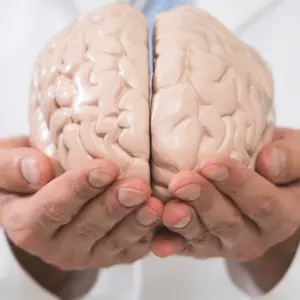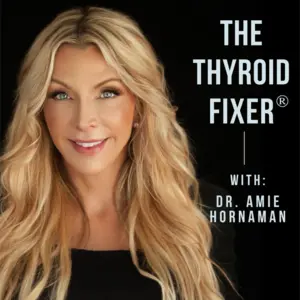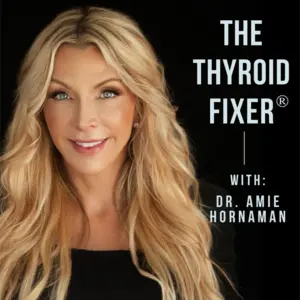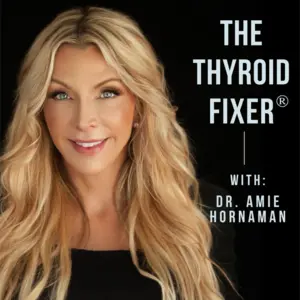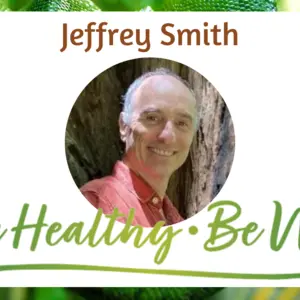

WELLthier Living and Aging

WELLthier Living and Aging
Aging Is Inevitable; Losing Your Mind Isn’t
Your brain doesn’t know how old you are—and doesn’t care.
Of all of the uncontrollable factors in our life, the process of aging may be the most daunting. Synonymous with aging is the concept that cognitive decline is universally unavoidable. What may be encouraging is that while some memory loss may be a natural part of aging, researchers are discovering that older people can maintain more of their cognitive function well into later years. Neurobiologists Dr. Elizabeth Gould and Dr. Charles Gross at Princeton University have validated that thousands of freshly born neurons arrive each day in the cerebral cortex, the outer rind of the brain where higher intellectual functions are centered.
The process of neurogenesis, the growth of new brain cells, is controlled by our DNA. Fortunately, many of the factors that influence our DNA are under our direct control. A variety of factors, including physical exercise, critical thinking, social interaction, caloric restriction, curcumin and the omega-3 fat DHA, have been demonstrated to profoundly inhibit the process of brain deterioration.
This is a powerful message and these factors are all within our grasp.
Physical Exercise
In a report featured in the Journal of the American Medical Association (JAMA), titled "Effect of Physical Activity in Cognitive Function in Older Adults at Risk for Alzheimer's Disease," researchers found that elderly individuals engaged in regular physical exercise for a 24-week period had an improvement of an astounding 1,800% on measures of memory, language ability, attention, and other important cognitive functions compared to an age-matched group not involved in the exercise program. Merely by engaging in regular physical exercise, the door is open to the possibility of actively taking control of your mental destiny.
Caloric Restriction
In January 2009 a study published in the “Proceedings of the National Academy of Science” reported that those elderly individuals who reduced their caloric consumption by 30% profoundly increased memory function, while those of similar age group who were instructed to eat whatever they wanted experienced a small but clearly defined decline in memory function. The authors concluded, "The present findings may help to develop new prevention and treatment strategies for maintaining cognitive health into old age." What a concept—preventive medicine for the brain.
Curcumin
Curcumin, the main active ingredient in the spice turmeric, has attracted the interest of neuroscientists around the world. Interestingly, in evaluating villages in India where turmeric is used in abundance in curried recipes, epidemiological studies have found that Alzheimer's disease is only about 25% as common as in the US. As curcumin is a proven anti-oxidant and anti-inflammatory agent, there is little doubt of its positive effects on enhanced production of brain neurons, which is why it is theorized that those consuming curcumin are so resistant to this brain disorder.
DHA
Like curcumin, DHA enhances gene expression for the production of new neurons. In a trial involving 485 healthy older individuals with mild memory problems, those given a supplement containing DHA for six months had almost double the reduction in errors on a test that measures learning and memory performance versus those who took a placebo. The benefit is roughly equivalent to having the learning and memory skills of someone three years younger.
Don’t Quit Your Day Job
An analysis of 400 British men suggests that those working in occupations requiring critical thinking and social interaction later in life have shown the ability to ward off cognitive decline. Harnessing the expression of our DNA is empowering, and the tools to better brain health are available to us all--right now!
REFERENCES
Dr. Glenn Gero is the director of the Holistic Naturopathic Center in Clifton, New Jersey. He is a licensed and board-certified naturopathic doctor, a board-certified biofeedback therapist, a registered nutritionist, a medical exercise specialist, a professional member of the American Herbalist Guild (AHG) and has earned nearly 20 certifications in holistic health and therapeutic exercise. He has completed advanced clinical training at Harvard Medical School where he is a member of the post-graduate association.


 By
By